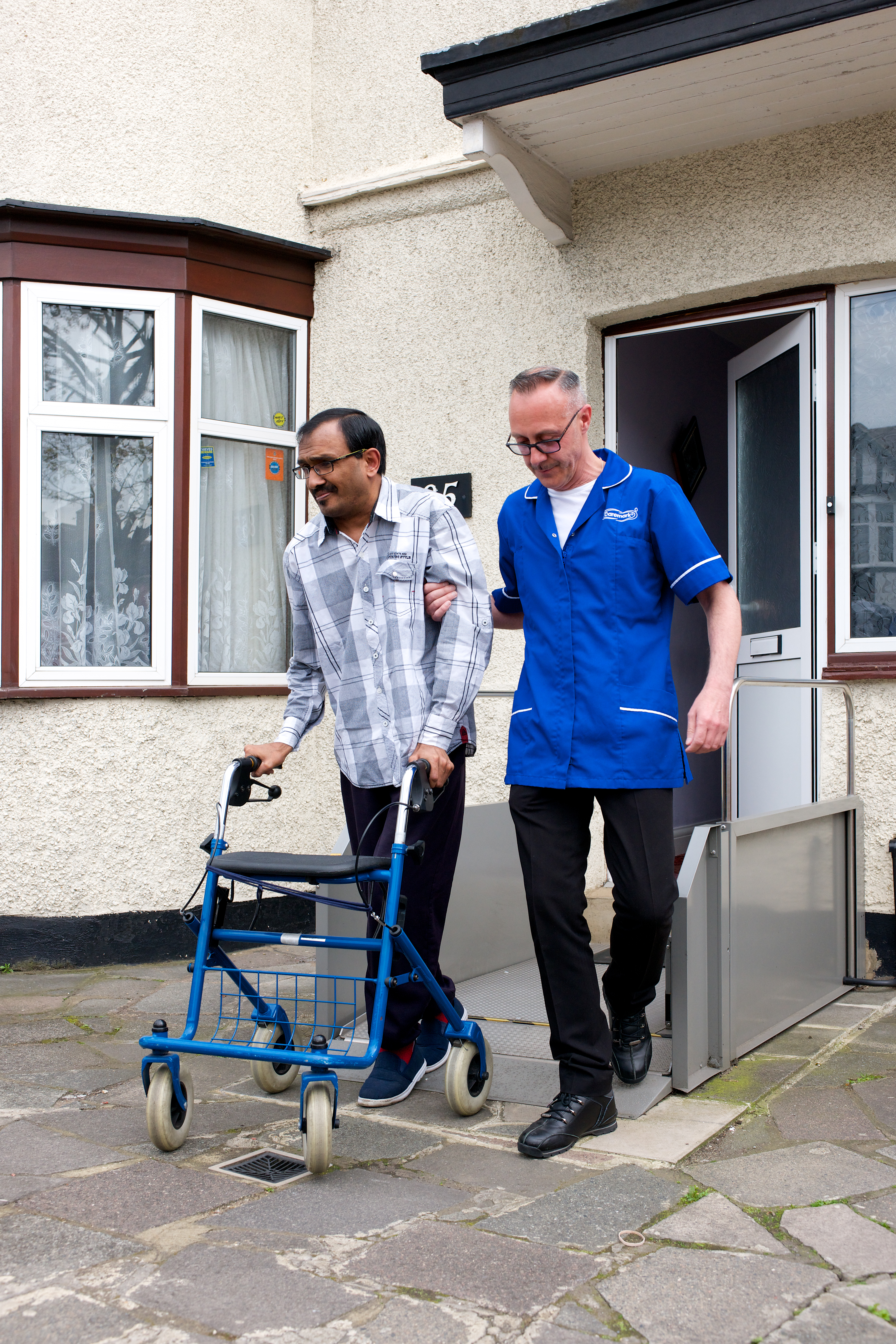Caring for loved ones with lifelong conditions requires a nuanced approach, blending medical knowledge with deep empathy and understanding. Personalising home care services is not just about providing personal care and supports, but it’s about providing companionship and enhancing the quality of life for those who need support in their daily routines.
If your loved one needs the appropriate home care to manage with their lifelong condition, you might be wondering how both you and home care professionals can make their care situation more personal to them.
Understanding your loved one’s individual needs
The first step in personalising home care is understanding the specific needs and preferences of your loved one needing care. This involves comprehensive assessments that go beyond their illness or impairment to include emotional, social, and environmental factors.
Care plans should be developed in collaboration with the individual, their family, and healthcare professionals to ensure all aspects of their well-being are considered. Personalised care recognises that each person’s experience with a lifelong condition is unique, and their care plan should reflect this individuality.
Integrating technology in home care
Technology plays a key role in modern home care services. From video chat appointments to monitor wellbeing remotely, to smart home devices that assist with daily tasks, technology can significantly improve the quality of life for people living with lifelong conditions.
Personal emergency response systems (PERS) and medication management apps are examples of how technology can be tailored to meet individual needs, offering both independence and safety. Family members should stay informed about the latest technological advancements and consider how they can be integrated into the personalised care plans of their loved one.
Emotional and social support beyond personal care
Personalising home care services also means addressing the emotional and social needs of those living with lifelong conditions. Loneliness and isolation can be as debilitating as the physical symptoms of a condition. Home care providers should be trained not just in personal care but also in providing emotional support.
Activities that promote social interaction and emotional well-being, such as participating in hobbies or community events, should be encouraged. Care plans should include strategies for maintaining connections with family and friends, recognising the vital role these relationships play in overall health.
Equipping care workers with the right skills
To effectively personalise home care, care workers must be equipped with a broad range of skills. This includes specific training on the conditions they will be managing, as well as general skills in communication, empathy, and problem-solving.
Ongoing education for care workers is essential to keep them up to date with the latest care practices and technologies. Families and informal caregivers can also benefit from training and resources, empowering them to provide the best possible support.
Creating a comfortable and safe home environment
Personalising home care extends into the physical environment of the home. Modifications may be necessary to ensure the home is safe, comfortable, and conducive to independence.
This could include installing grab bars in bathrooms, adjusting the height of countertops, or ensuring the home is navigable for someone with mobility issues. Home care providers can work with occupational therapists to assess the home environment and recommend changes that will support the individual’s specific needs.
Keeping care plans up to date and dynamic
Lifelong conditions can change over time, and so too should home care plans. Regular reviews of the individual’s health status, needs, and preferences are crucial to ensure the care they receive continues to be appropriate.
These reviews are an opportunity to adjust care plans, incorporating new technologies, treatments, or changes in the individual’s lifestyle. Engaging the person in their care planning ensures they remain at the centre of decision-making, promoting autonomy and respect.
Cooking meals to enhance well-being
Nutrition plays an important role in managing lifelong conditions, and personalising dietary plans is essential for home care services. Special diets may be necessary for conditions like diabetes, heart disease, or food allergies. A personalised approach involves more than just understanding the health requirements, it’s also about making your loved one feel comfortable in their surroundings with familiar home comforts.
Customised plans with home care from Caremark
Empower your loved one with the dignity and comfort of personalised care in their own home, tailored to meet their unique needs and enhance their day-to-day well-being. At Caremark, we specialise in delivering compassionate, customised home care services for individuals living with lifelong conditions. We make sure that they have the tools to thrive in their familiar surroundings, whatever their circumstances.
If you’re seeking a fulfilling role in specialised home care yourself, or looking for ways to improve the life of a family member with dedicated support, we’re here to guide you. Reach out to us to explore how our personalised care plans can make a positive difference in your loved one’s life, starting now.

